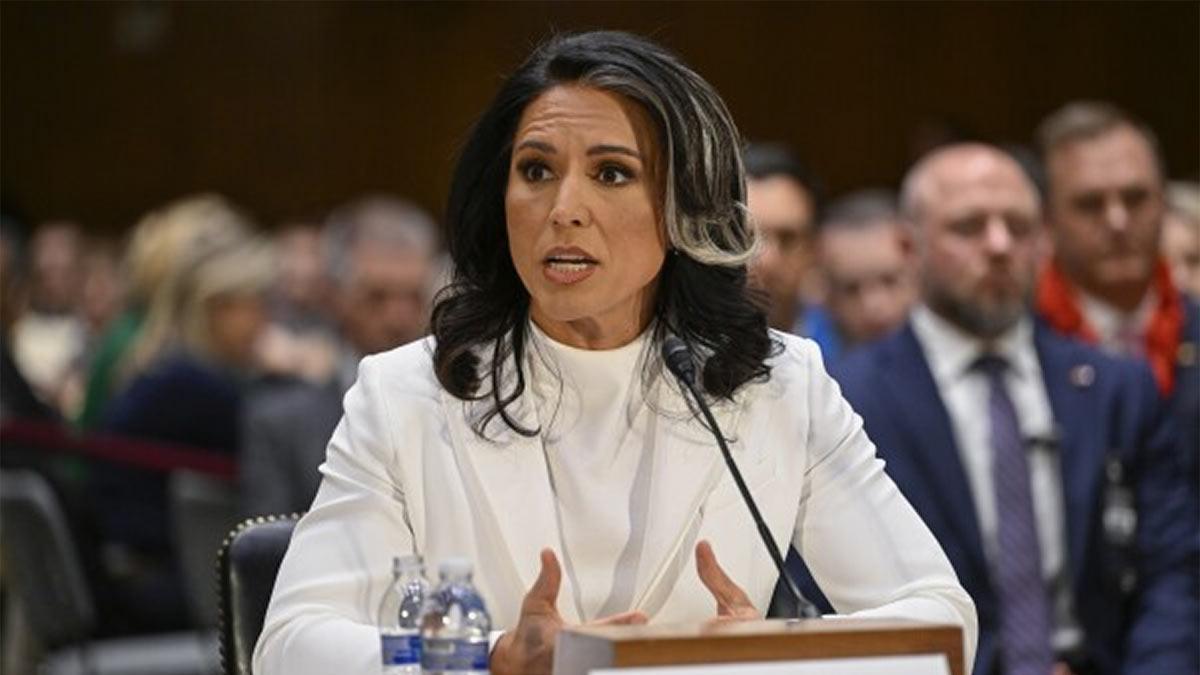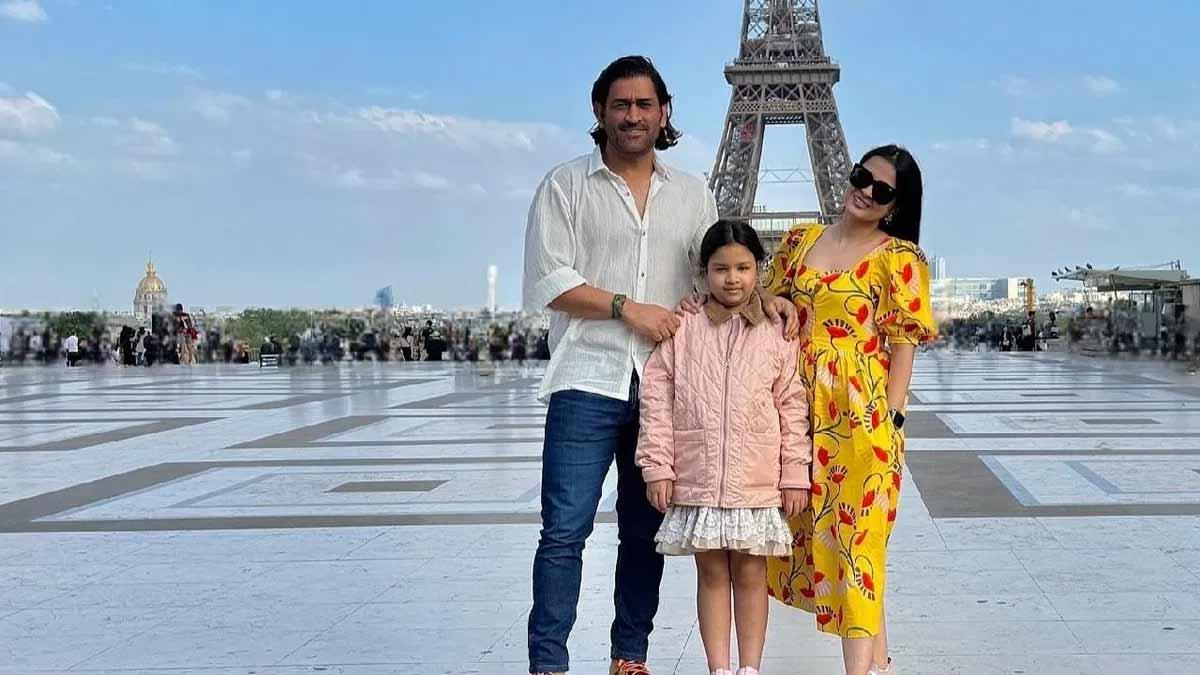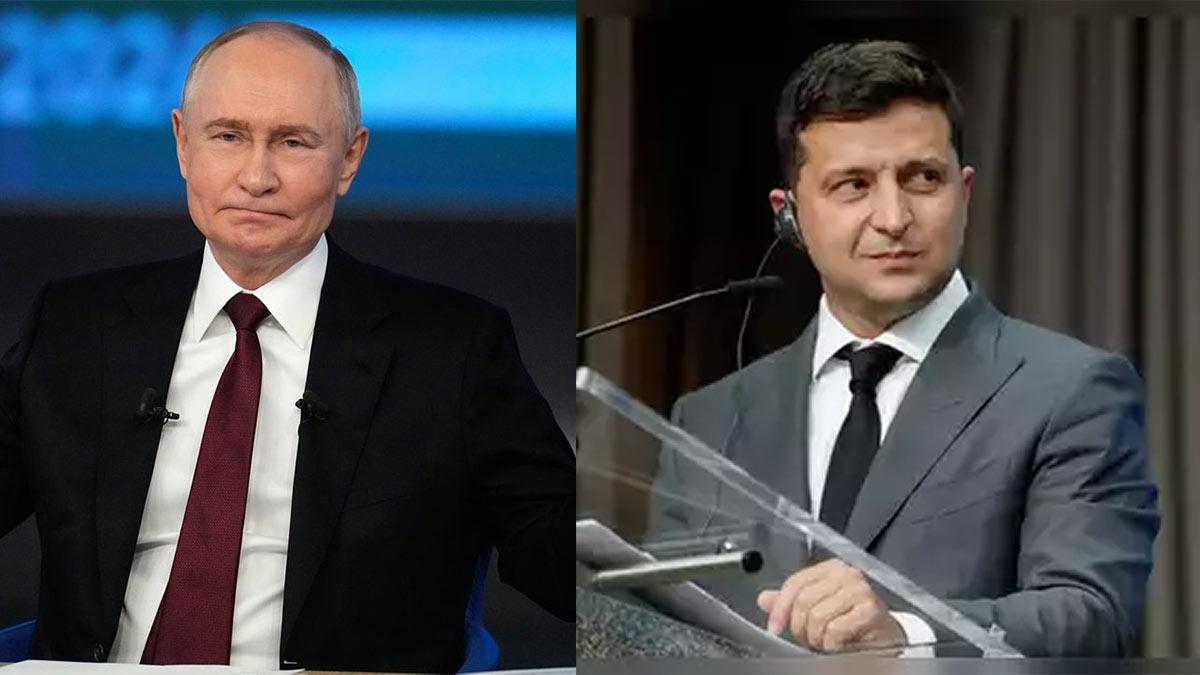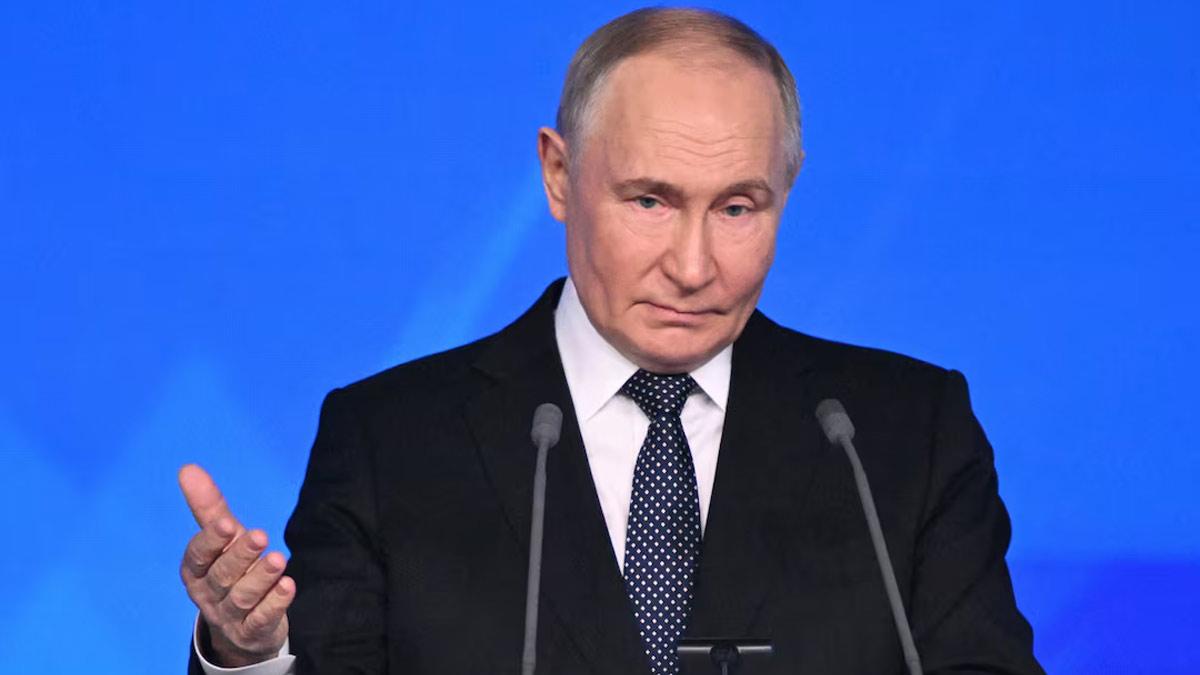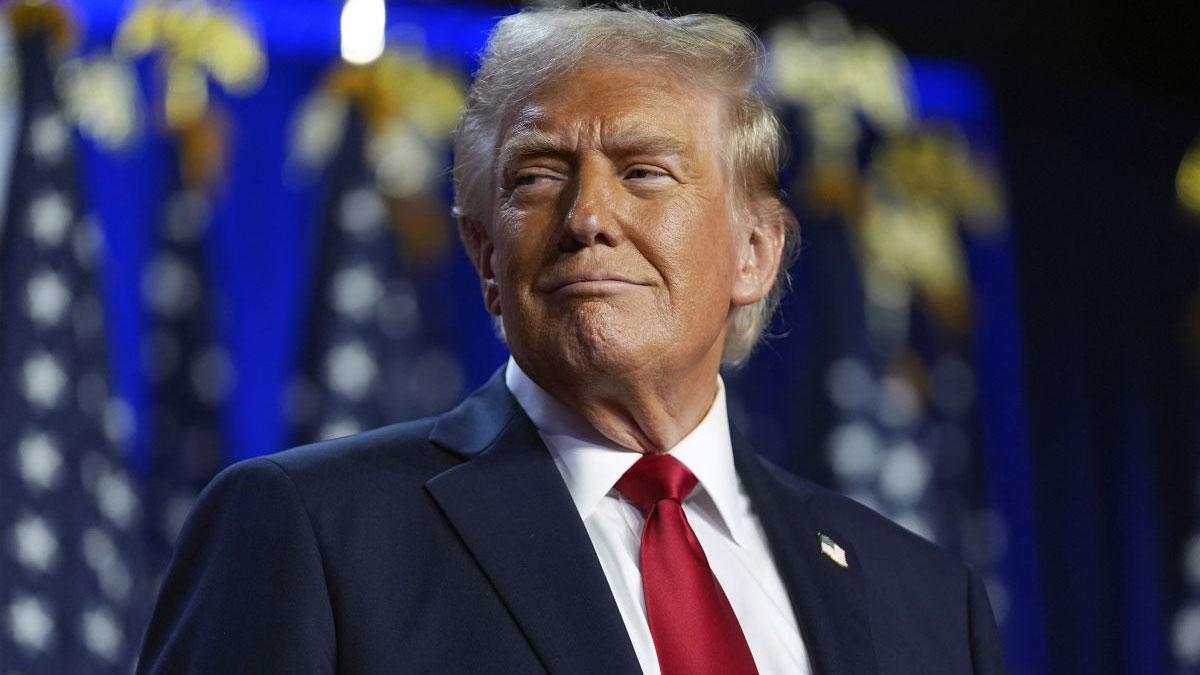The United States has shown a great deal of concern regarding the current situation in Bangladesh, especially the treatment of religious minorities, US Intelligence Chief Tulsi Gabbard told NDTV World in an interview. She noted that the Trump administration is committed to eradicating "Islamist terrorism" worldwide.
Speaking to NDTV World only, US Director of National Intelligence Tulsi Gabbard pinpointed the ordeal religious minorities suffer in Bangladesh. "The longstanding sad persecution, murder, and ill-treatment of religious minorities such as Hindus, Buddhists, Christians, and others have remained a critical priority area of the US government as well as for President Trump and his team," she replied.
She also disclosed that President Trump's recently established Cabinet has opened talks with Bangladesh's caretaker government, which is an interim administration. "The discussions are just starting between President Trump's new cabinet entering office and the Government of Bangladesh, but this still remains a prime focus area of concern," she said, in response to an increasing trend of extremist groups within the country.
In the interview, Gabbard spoke of the larger objective of terrorist groups to create an "Islamic Caliphate." She said, "The threat of Islamist terrorists and the worldwide effort of various terror groups are rooted in the same ideology and goal – which is to govern or rule with an Islamist Caliphate." She also emphasized that these groups attack those who do not fit their ideology, usually using violent means.
Confirming the US administration's resolve, she stated, "President Trump remains committed to identifying the ideology that drives Islamist terrorism, and working to defeat this ideology and their ability to exact that terror on people."
In addition to issues of persecution and violence, Bangladesh's growing nexus with Pakistan's intelligence agency, ISI, has also created more alarm. This has been a pressing concern in the last two months.
Indian Army Chief General Upendra Dwivedi recently expressed his concerns over ISI officials operating in Bangladeshi regions close to India's border, especially in the Siliguri corridor. Talking to ANI, he underlined the necessity of stopping anti-India forces from using Bangladeshi land to penetrate India.
"I used to call that country's word epicentre of terrorism. Now those people from that country, if they are going to another place and by chance it becomes our neighbour, as far as I am concerned, I have to worry about it. That they shouldn't be able to use that soil to export terrorists to India," General Dwivedi said.
Covering these issues, President Trump, while holding a meeting with Prime Minister Narendra Modi in Washington this February, said that he would leave the handling of the issue in Bangladesh to Modi. "This is something the Prime Minister has been working on for many years. Honestly, I have been reading about it. I will leave Bangladesh to the Prime Minister," Trump added while they had their joint press conference.
Read also| Danish FM Rejects U.S. Annexation Speculation on Greenland

